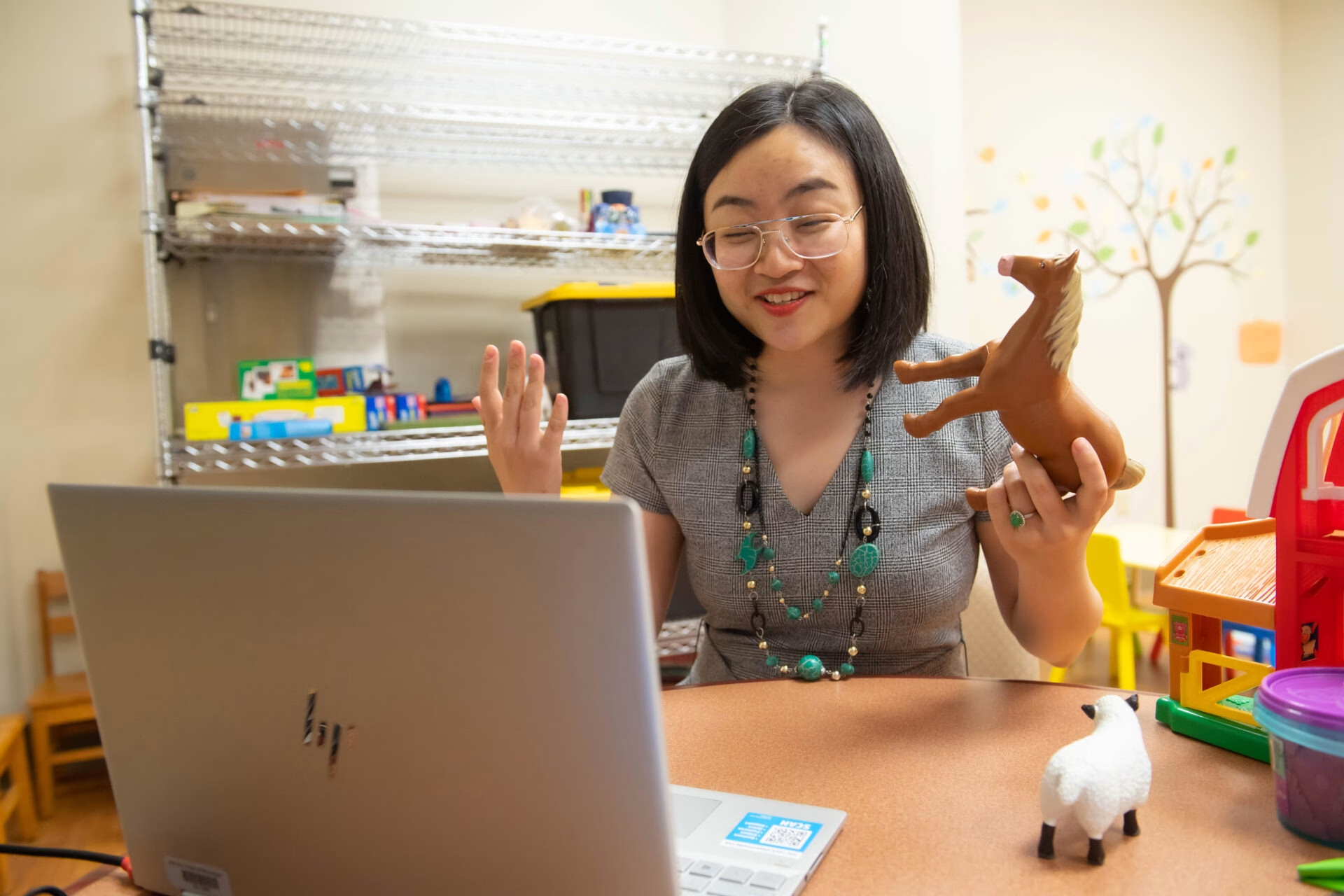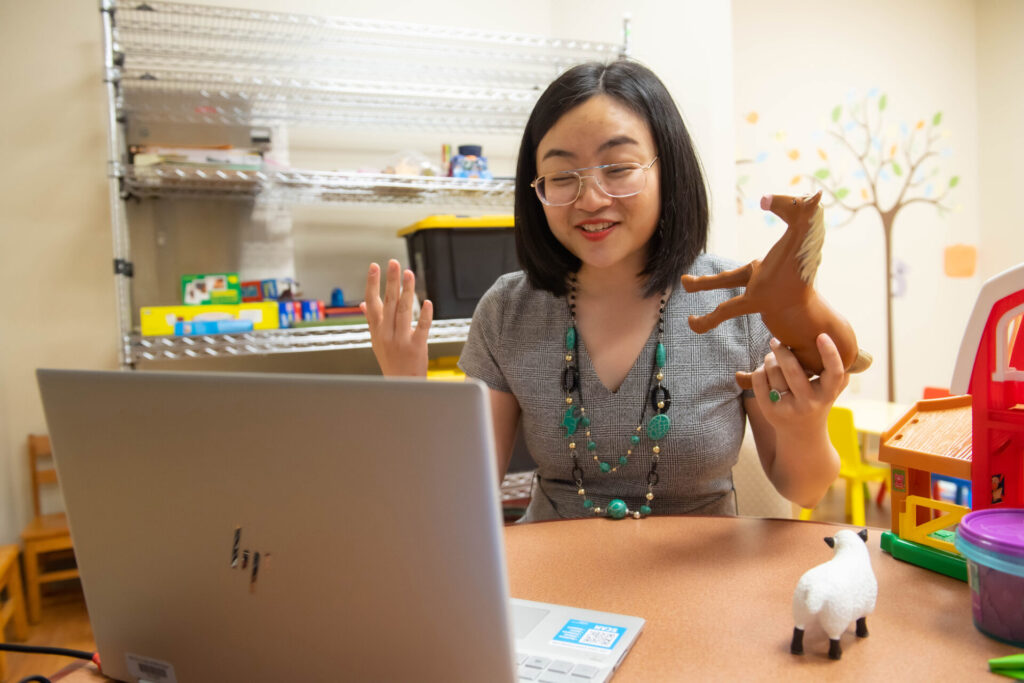Featured
UM Applied Sciences Faculty Member Receives Powe Award

By Sarah Sapp
University of Mississippi

One of every 54 children lives with autism spectrum disorder, and in a rural state such as Mississippi, many of these children do not have access to speech-language pathology services that can help them thrive.
Ying Hao, an assistant professor of communication sciences and disorders at the University of Mississippi, has received a $5,000 Ralph E. Powe Junior Faculty Enhancement Award, which – along with co-funding from UM – will allow her to explore opportunities in telepractice that could bring speech-language pathology services to those living in rural areas.
Hao is among 35 educators nationwide to receive the prestigious award, from among 156 nominations, making her the fifth Ole Miss faculty member in the past seven years to receive it. She’s also the first Powe Award recipient from the School of Applied Sciences.
“One of the expected outcomes of Dr. Hao’s proposed research project related to the Ralph E. Powe Junior Faculty Enhancement Award is to determine the suitability of a telepractice model that can extend speech-language services to families of children with autism spectrum disorders residing in rural areas,” said Vishaka Rawool, chair of the Department of Communication Sciences and Disorders.
“She is planning to use an evidence-based parent training program to deliver parent-mediated intervention via telepractice. She has clearly identified the gaps present in the current knowledge base, such as limited information related to the effectiveness of teletherapy in rural areas, lack of control groups in some previous studies and insufficient knowledge related to factors that influence outcomes of telepractice.”
This preliminary study could lead to future funding through agencies such as National Institute on Deafness and Other Communication Disorders and the Eunice Kennedy Shriver National Institute of Child Health and Human Development, Rawool said.
As Hao works on this project, the department can expect students in her classroom and research laboratory to benefit from knowledge related to telepractice, any limitations/barriers to this approach and ways to address the barriers to ensure effective outcomes, she said.
Hao explained that there is already evidence from previous literature that validates the use of teletherapy is as effective as in-person services.
“These families do not have services or have less services compared to a lot of the families living in big cities,” Hao said. “I’m working with young children up until age 8. This is a critical period for development in different areas, and language in particular.
“Language affects communication, so if they lose the time, lose the services during the critical period of development, that’s going to be a huge influence for their future development.”
Hao looks forward to extending what she learns from the study into her classroom for students.
“There are a lot of hands-on strategies they can use in the practice session,” Hao said. “I can provide information, like how you can establish rapport via a Zoom in that virtual setting, how to present materials and plan activities in the teletherapy session.
“Those are going to be challenging for someone who never had any training in this field. But I think our students are going to be benefiting … from this kind of training. And in the future, when they are going to the field and work as speech-language clinicians, they’re going to know more about how to do teletherapy.”
Hao plans to use the funds, in part, to purchase devices and provide internet support for families without these resources. Funding will also help recruit families to the study by providing gift cards to participants that can help purchase books and toys for the children.
Lastly, Hao will use some of the funds to produce and mail an instruction booklet with organized integration strategies for parents.
The award is granted by Oak Ridge Associated Universities, which provides innovative scientific and technical solutions to advance national priorities in science, education, security and health.
Through specialized teams of experts, unique laboratory capabilities and access to a consortium of more than 100 major Ph.D.-granting institutions, ORAU works with federal, state, local and commercial customers to advance national priorities and serve the public interest.









































